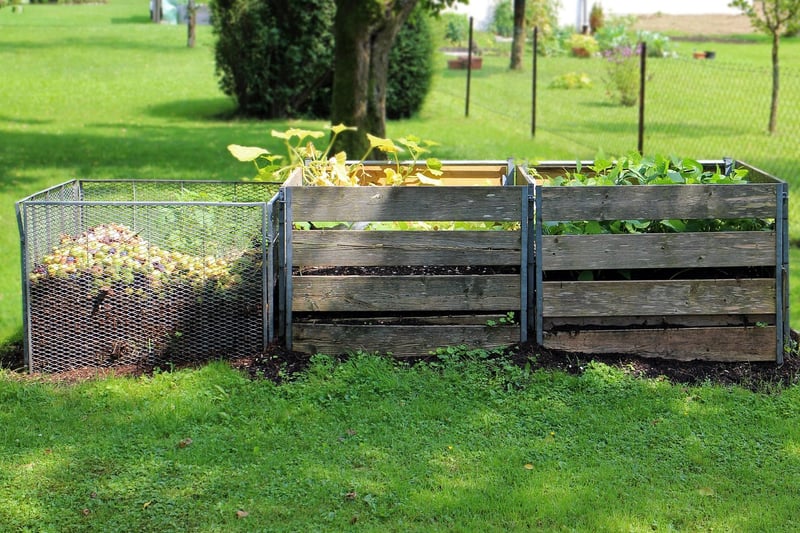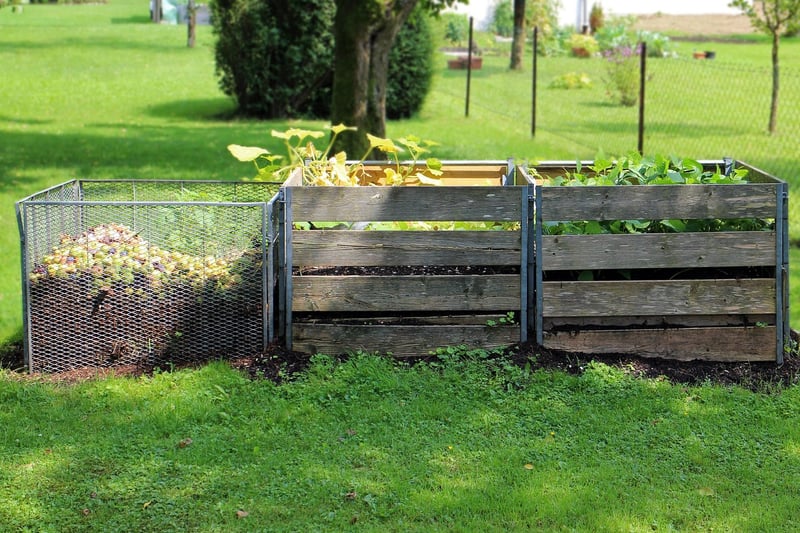Composting Solutions
Crafting Sustainable Garden Solutions + Composting Solutions
The Importance of Sustainable Gardening
Sustainable gardening aims to create a harmonious ecosystem that minimizes negative impacts on the environment while promoting biodiversity and natural processes. By implementing sustainable practices in your garden, you can reduce waste, conserve resources, and support local wildlife.
Key Principles of Sustainable Gardening
- Water Conservation
- Use of Native Plants
- Composting
- Chemical-Free Pest Control
- Soil Health Management
Composting Solutions for a Greener Garden
Composting is a key component of sustainable gardening as it helps reduce organic waste, enriches soil, and reduces the need for chemical fertilizers. By composting kitchen scraps, yard waste, and other organic materials, you can create nutrient-rich compost for your garden.
Types of Composting
- Backyard Composting
- Vermicomposting (Worm Composting)
- Bokashi Composting
Tips for Successful Composting
- Balance green (nitrogen-rich) and brown (carbon-rich) materials
- Aerate the compost pile regularly
- Keep the compost moist but not soggy
- Avoid adding meat, dairy, and oily foods
- Turn the compost regularly to speed up the decomposition process
Benefits of Composting
Composting offers numerous benefits, including:
- Reducing landfill waste
- Enriching soil with beneficial microorganisms
- Improving soil structure and water retention
- Reducing the need for chemical fertilizers
Embrace Sustainable Gardening Today!
By adopting sustainable gardening practices and incorporating composting solutions into your routine, you can create a greener, healthier garden that benefits both your plants and the environment. Start small and gradually expand your sustainable initiatives to make a positive impact on the planet.


For more information on sustainable gardening and composting, visit Gardeners.com.
